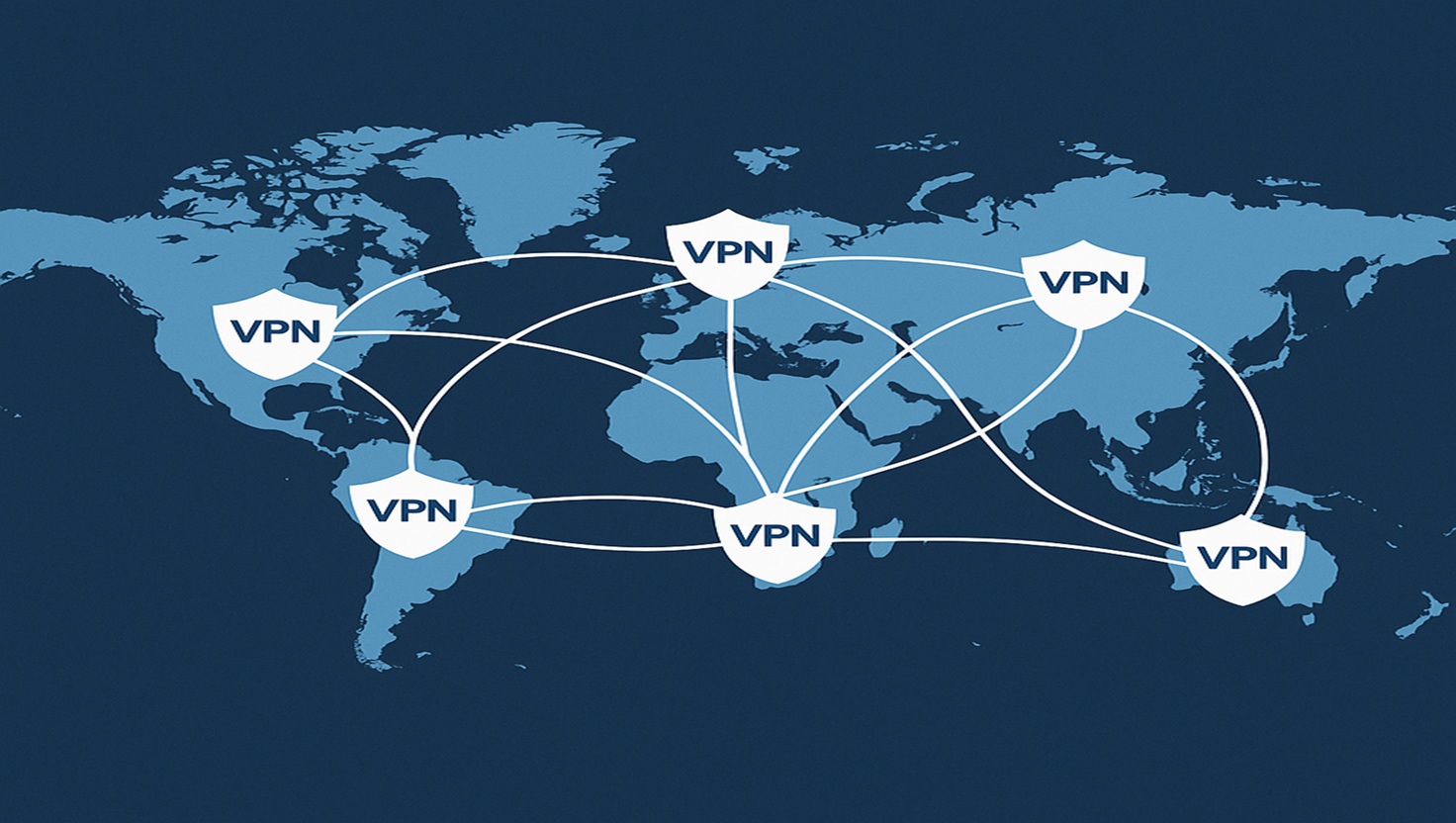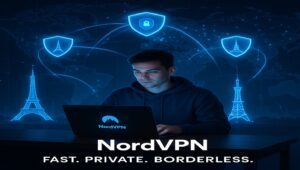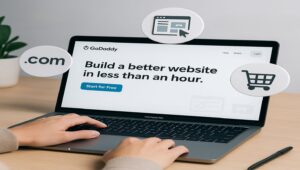VPN
In today’s world, the internet is faster, smarter but unfortunately, less private. Your personal information is more exposed than ever whether you’re browsing social media, streaming shows, or using public Wi-Fi at a coffee shop. That’s where VPNs come in and protect your privacy.
What Is a VPN?
A VPN stands for Virtual Private Network. In simple terms, it’s a tool that hides your internet activity by sending your data through a secure, encrypted tunnel.
- Your IP address i.e. your digital identity is hidden
- Your browsing data is encrypted
- You appear to be browsing from a different location (anywhere in the world)
How Does a VPN Work?
- It creates a secure connection between your device and the internet.
- Your data is encrypted so even your internet provider or hackers can’t read it.
- Your activity is routed through a VPN server (e.g. U.S.), making it look like you’re browsing from there.
Why You Need a VPN in 2025
1. To Protect Your Privacy
VPNs stop websites, hackers, and even your own internet provider from tracking what you do online. In a world where data is currency, privacy is power.
2.To Access Global Content
If you want to watch Netflix U.S. from Europe or BBC iPlayer from India, VPNs unlock region-restricted content with one click.
3. To Stay Safe on Public Wi-Fi
Using free Wi-Fi at cafes, airports, or hotels a VPN keeps your data safe from snoopers on the same network.
4. To Work Securely from Anywhere
Many remote workers use VPNs to access office networks securely, no matter where they are in the world.
5. To Avoid Censorship
In some countries, certain apps, news sites, or platforms are blocked. VPNs help people access free information and communicate safely.
Free vs Paid VPNs: What’s the Difference?
Free VPNs:
- Slow speeds
- Data caps
- Fewer server options
- Risk of selling your data
Paid VPNs:
- Faster and more reliable connections
- Stronger encryption
- No ads or logs
- 24/7 support
Top VPNs Providers in 2025
| VPN Provider | Best for | Key features |
|---|---|---|
| Nord VPN | All-round protection | Fast, no-logs, Double VPN, great UX |
| Express VPN | Streaming & speed | 90+ countries, blazing speeds, ultra-secure |
| Surfshark | Budget users | Unlimited devices, ad blocker included |
| CyberGhost | Beginners | Easy UI, optimized servers for streaming |
| ProtonVPN | Privacy-focused users | Open-source, Swiss-based, no data logging |
Is a VPN Right for You?
If you:
- Care about your privacy
- Travel or work remotely
- Stream content from different countries
- Use public Wi-Fi often
Then yes, a VPN is absolutely worth it in 2025.
FAQs About VPNs
Is using a VPN legal?
Yes, VPNs are legal in most countries, including the U.S., U.K., Canada, and India. However, a few countries may restrict or regulate VPN usage.
Will a VPN slow down my internet?
It can, but usually only slightly, especially with premium providers. Speed loss depends on server location, your base speed, and the encryption strength.
Can I use a VPN on multiple devices?
Absolutely. Most VPNs let you connect 5-10 devices at once. Some, like Surfshark, even allow unlimited connections.
Can I use a VPN for online banking?
Yes, and it’s even safer. A VPN adds an extra layer of encryption when logging into sensitive accounts over Wi-Fi.
Which VPN is best for streaming?
ExpressVPN, NordVPN, and Surfshark are great choices for streaming Netflix, Disney+, and more without buffering or blocks.




